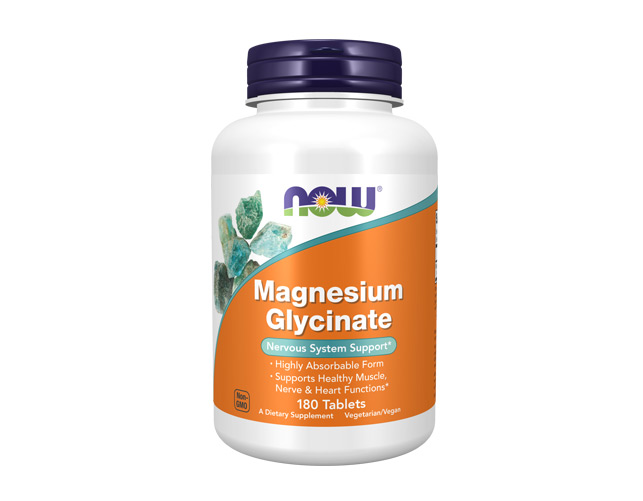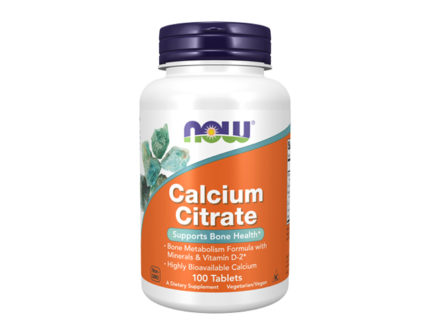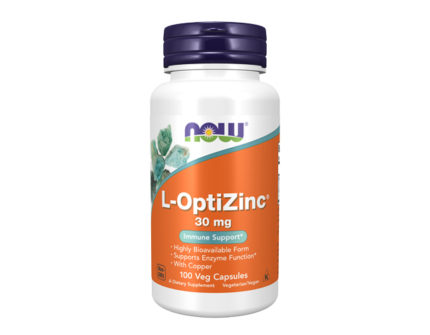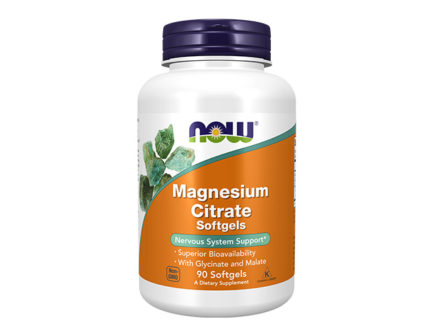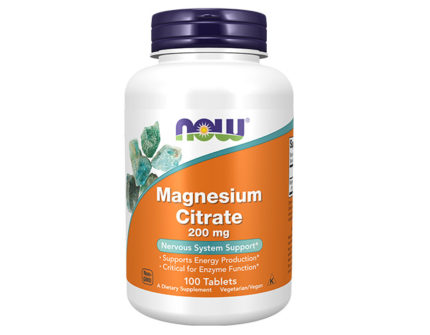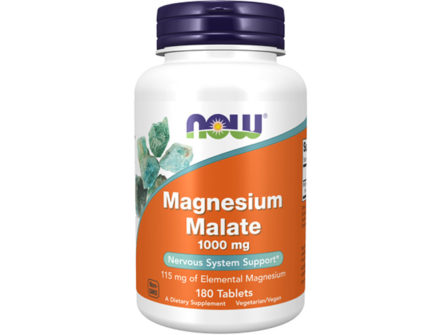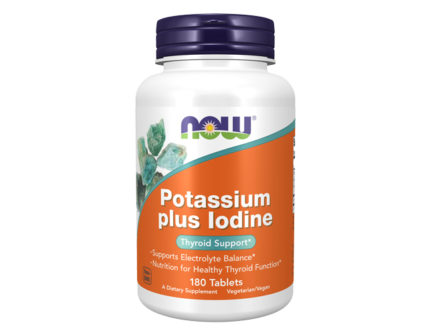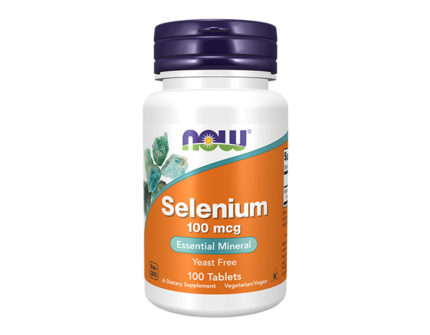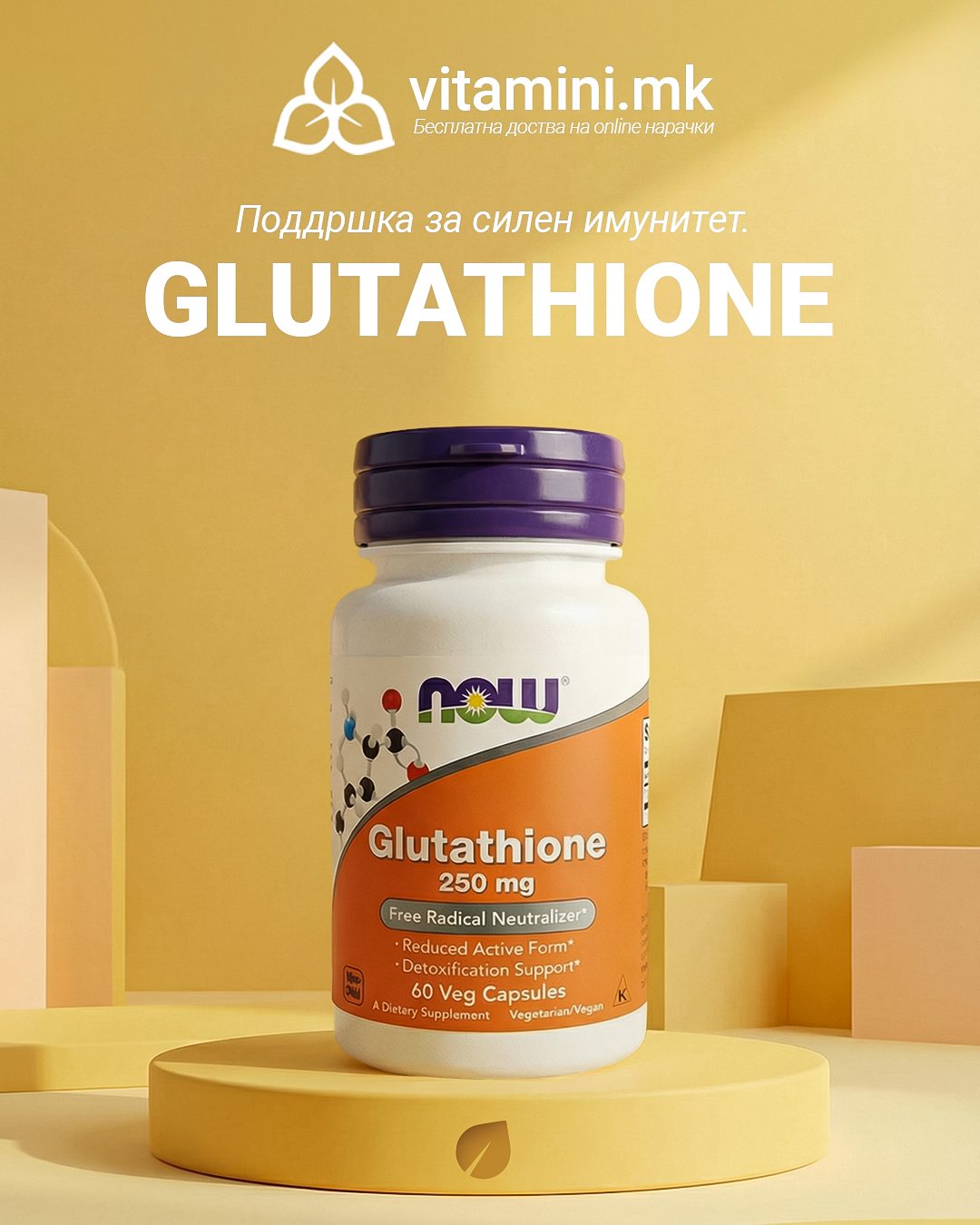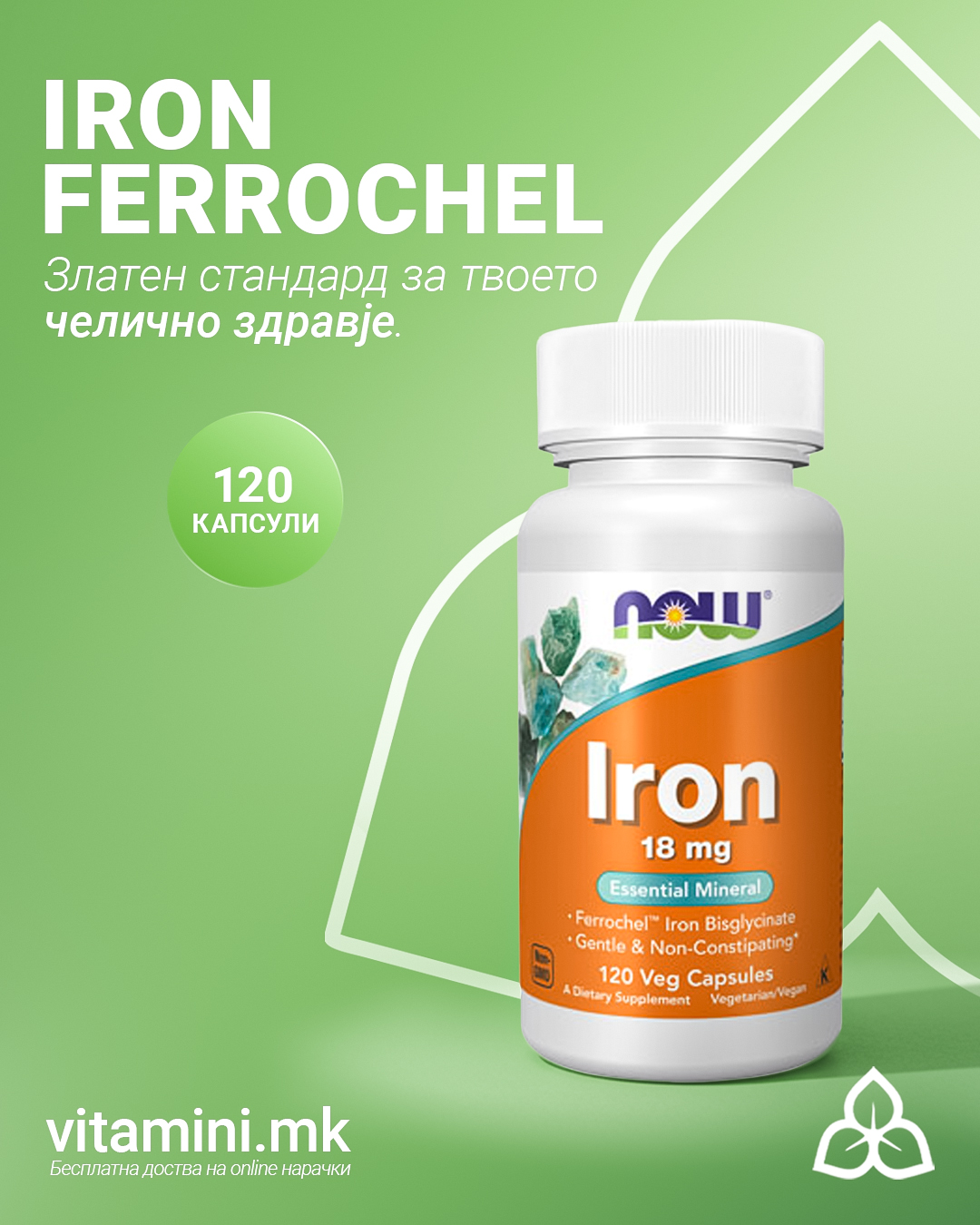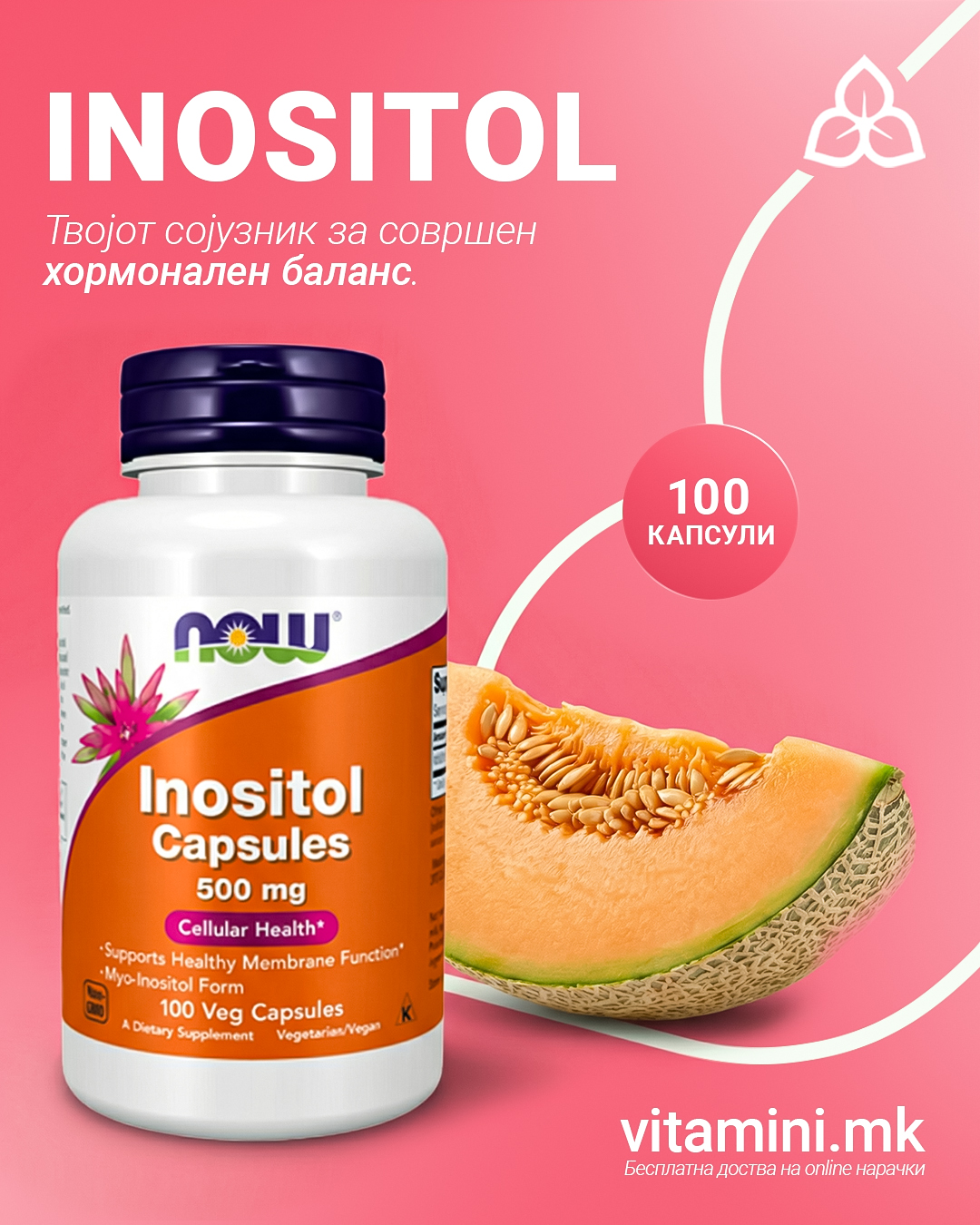For orders over 1.000 MKD
Products from renowned brands with top quality
02 324 6000 | info@trimeks.com.mk
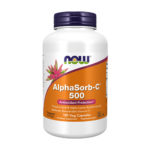
500 mg / 180 капсули 2.380 ден
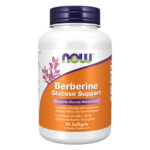
90 sgels 2.950 ден
Magnesium Glycinate
180 tabs
2.310 ден
| Brand | |
|---|---|
| Индикации |
Sports and fitness |
Sold out!
- Highly Absorbable Form
- Supports Healthy Muscle, Nerve & Heart Functions
Magnesium glycinate utilizes magnesium bound to the amino acid glycine, which facilitates intestinal absorption. Magnesium is a mineral that is critical for energy production and metabolism, muscle contraction, nerve impulse transmission, and bone mineralization. It is a required cofactor for an estimated 300 enzymes. Among the processes that require magnesium are fat and protein production, as well as glucose metabolism. Magnesium status is also important for regulation of calcium balance through its effects on the parathyroid gland.
SUPPLEMENT FACTS
| Serving Size: | 2 Tablets | |
|---|---|---|
| Servings Per Container: | 90 | |
| Amount per Serving | % Daily Value | |
| Magnesium (elemental) (from 2,000 mg Magnesium Bisglycinate) (Albion™) |
200 mg | 48 % |
| * Percent Daily Values are based on 2,000 calorie diet. † Daily Value not established. |
Other ingredients: Citric Acid, Hydroxypropyl Cellulose, Stearic Acid (vegetable source), Silicon Dioxide and Vegetarian Coating [hypromellose (cellulose), stearic acid (vegetable source), sunflower lecithin, triethyl citrate, sunflower oil].
Not manufactured with wheat, gluten, soy, milk, egg, fish, shellfish, tree nut or sesame ingredients. Produced in a GMP facility that processes other ingredients containing these allergens.
Albion™ and the Albion Gold Medallion design are trademarks of Balchem Corporation or its subsidaries.
Natural color variation may occur in this product.
Made and quality tested in the USA with globally sourced ingredients.
Store in a cool, dry place after opening.
SUGGESTED USAGE
Take 2 tablets 1 to 2 times daily with food.
CAUTION
For adults only. Consult physician if pregnant/nursing, taking medication, or have a medical condition.
Keep out of reach of children. Do Not Eat Freshness Packet. Keep in Bottle.
MORE INFORMATION
The Importance of Magnesium
Magnesium is a key mineral that many Americans do not get enough of through the diet. Magnesium is the fourth most abundant mineral in the body. Approximately 50 percent of total body magnesium is found in bone. The other half is found predominantly inside cells of body tissues and organs, with only 1 percent found in the blood. Magnesium is important for producing energy, and maintaining healthy nerve and muscle function.
Magnesium is needed for more than 300 biochemical reactions in the body. It helps maintain normal muscle and nerve function, keeps heart rhythm steady, supports a healthy immune system, and keeps bones strong.
Dietary magnesium is absorbed in the small intestines; excretion takes place through the kidneys.
Even though dietary surveys suggest many Americans do not get recommended amounts of magnesium, overt symptoms of magnesium deficiency are rarely seen in the United States. However, many people may not have enough body stores of magnesium because dietary intake may not be high enough. Having adequate body stores may be protective against suboptimal cardiovascular function and suboptimal immune function.
Signs of magnesium deficiency include hypomagnesemia and eventually hypocalcemia, despite adequate dietary calcium. As magnesium depletion progresses, parathyroid hormone (PTH) secretion diminishes. Along with hypomagnesemia, signs of severe magnesium deficiency include hypocalcemia, low serum hypokalemia, retention of sodium, low circulating levels of PTH, neurological and muscular symptoms (tremor, muscle spasms, tetany), loss of appetite, nausea, vomiting and personality changes. The following conditions increase the risk of magnesium deficiency:
Gastrointestinal (GI) disorders, such as prolonged diarrhea, Crohn’s disease, malabsorption syndromes, etc.
Diabetes mellitus and long-term use of certain diuretics.
Chronic alcoholism.
Aging: several studies have found elderly people have relatively low dietary intakes of magnesium.

